According to HCDC, in addition to recording an increase in the number of cases of acute respiratory infections worldwide (most clearly in China and Ho Chi Minh City), the World Health Organization (WHO) also recorded a slight increase in the number of COVID-19 cases in December.
In addition, the world has also recorded a new variant of the SARS-CoV-2 virus, JN.1, which is gradually becoming popular in many countries with higher transmission. Fortunately, there is currently no evidence of an increased risk to public health of this sub-variant compared to previous variants.
This shows that the SARS-CoV-2 virus is constantly changing and can change its transmission characteristics, disease severity, the effects of vaccines, treatments, and diagnostic tests for the virus.
Along with the increase in the number of cases, the world has also recorded a new variant of the SARS-CoV-2 virus, JN.1, which is gradually becoming popular in many countries with higher transmission. However, HCDC said that currently, COVID-19 vaccines, detection tests and COVID-19 treatment drugs are expected to still be effective against the new variant JN.1.
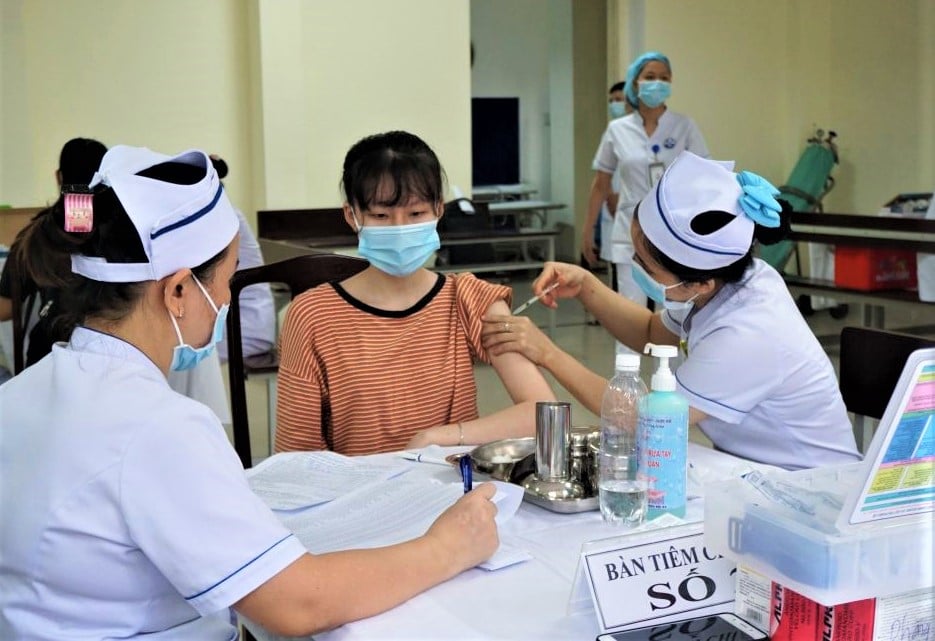
People need to be vigilant against respiratory infections at the end of the year.
This unit also warned that the end of the year is also the time when the demand for buying and selling poultry is higher than usual, which can increase the risk of influenza A(H5N1) in humans. For example, at the end of November 2023, Cambodia recorded 2 more cases of influenza A(H5N1), bringing the total number of cases since the beginning of the year to 6, including 4 deaths.
Faced with the risk of disease outbreaks increasing at the end of the year, the Ho Chi Minh City Health Department recommends that people take preventive measures.
For prevention of respiratory diseases:
Actively wear masks at medical facilities, on public transport and in crowded places; Regularly wash hands with clean water, soap or hand sanitizer; gargle with mouthwash; avoid touching eyes, nose, mouth; cover mouth and nose when coughing or sneezing; Practice good environmental hygiene, personal hygiene, keep body warm, exercise, play sports, improve physical condition; Avoid contact with people with respiratory symptoms such as cough, fever, shortness of breath, etc.;
People with suspected symptoms of the disease should limit close contact with others, especially those in high-risk groups (elderly people, children, pregnant women, people with underlying diseases); Get vaccinated against diseases for which vaccines are available such as influenza, COVID-19; When there are signs of suspected illness, go immediately to the nearest medical facility for timely consultation, examination and treatment.
For prevention of avian influenza transmission to humans:
Do not use sick, dead poultry or poultry products of unknown origin. It is necessary to choose a reliable place to buy poultry with clear origin; Practice eating and drinking cooked food; Do not slaughter, transport, buy or sell poultry and poultry products of unknown origin; When discovering sick or dead poultry, absolutely do not slaughter and use it but must immediately notify the local authorities and veterinary units in the area.
Source




![[Photo] Closing of the 11th Conference of the 13th Central Committee of the Communist Party of Vietnam](https://vstatic.vietnam.vn/vietnam/resource/IMAGE/2025/4/12/114b57fe6e9b4814a5ddfacf6dfe5b7f)


![[Photo] Overcoming all difficulties, speeding up construction progress of Hoa Binh Hydropower Plant Expansion Project](https://vstatic.vietnam.vn/vietnam/resource/IMAGE/2025/4/12/bff04b551e98484c84d74c8faa3526e0)
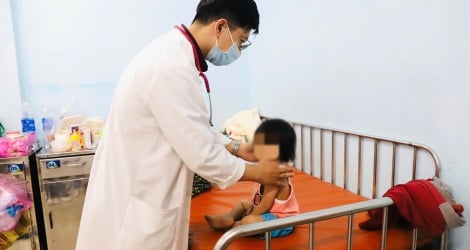



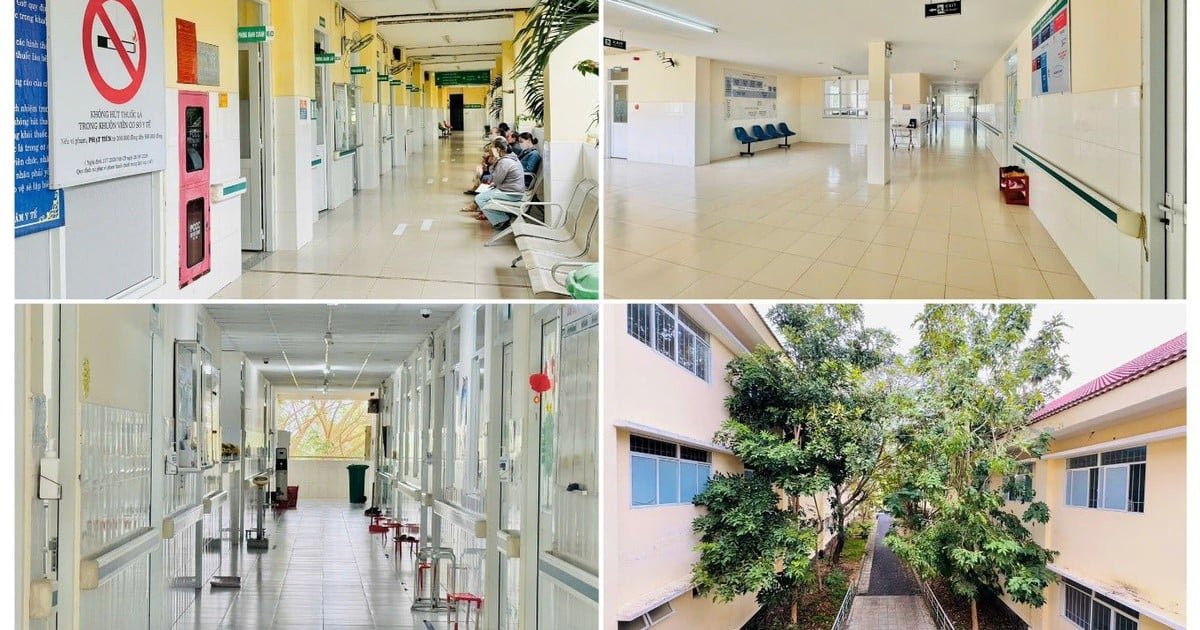

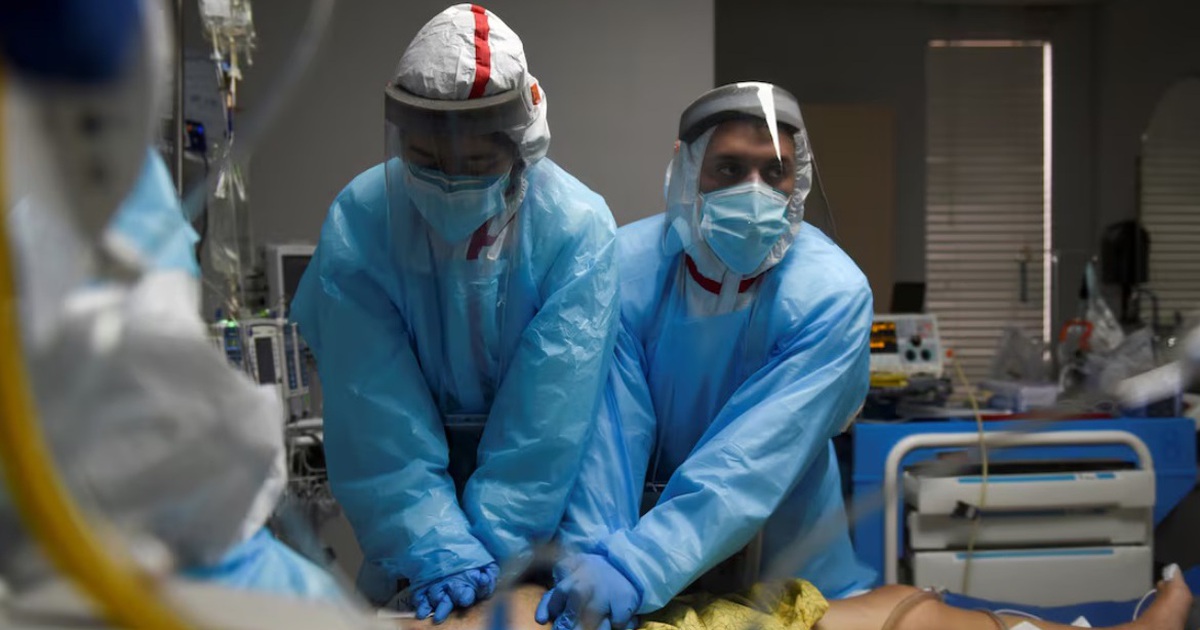


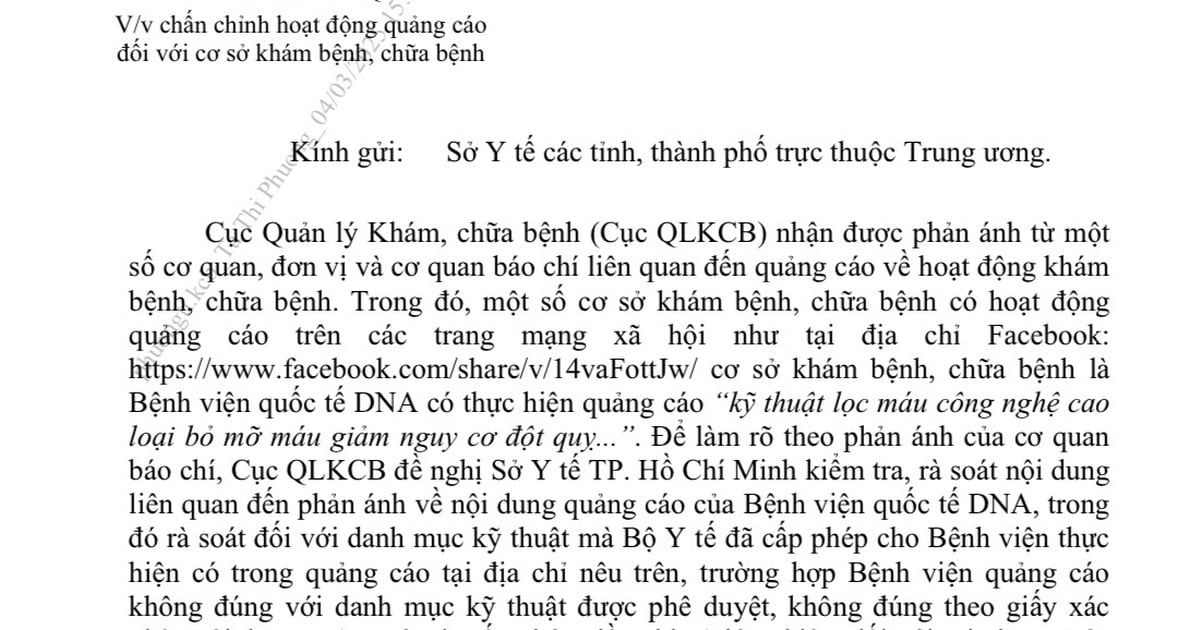
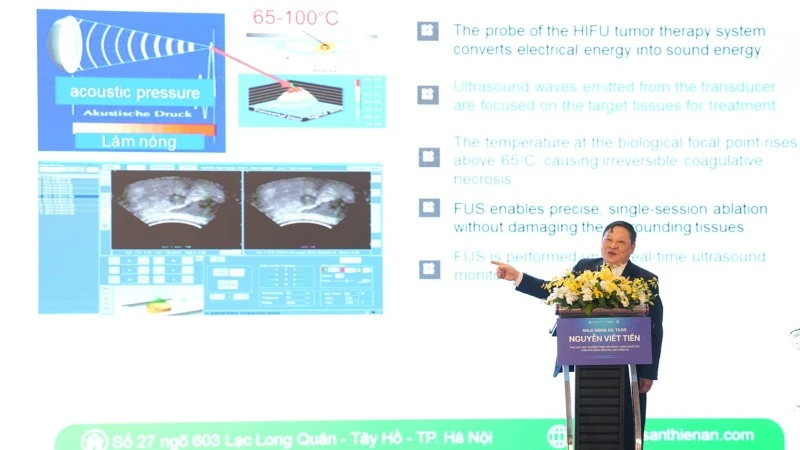
![[Video] First time in Vietnam: Successful implantation of 3rd generation partial artificial heart](https://vstatic.vietnam.vn/vietnam/resource/IMAGE/2025/4/12/8817412224094c68ba2c744b7bd5cfea)



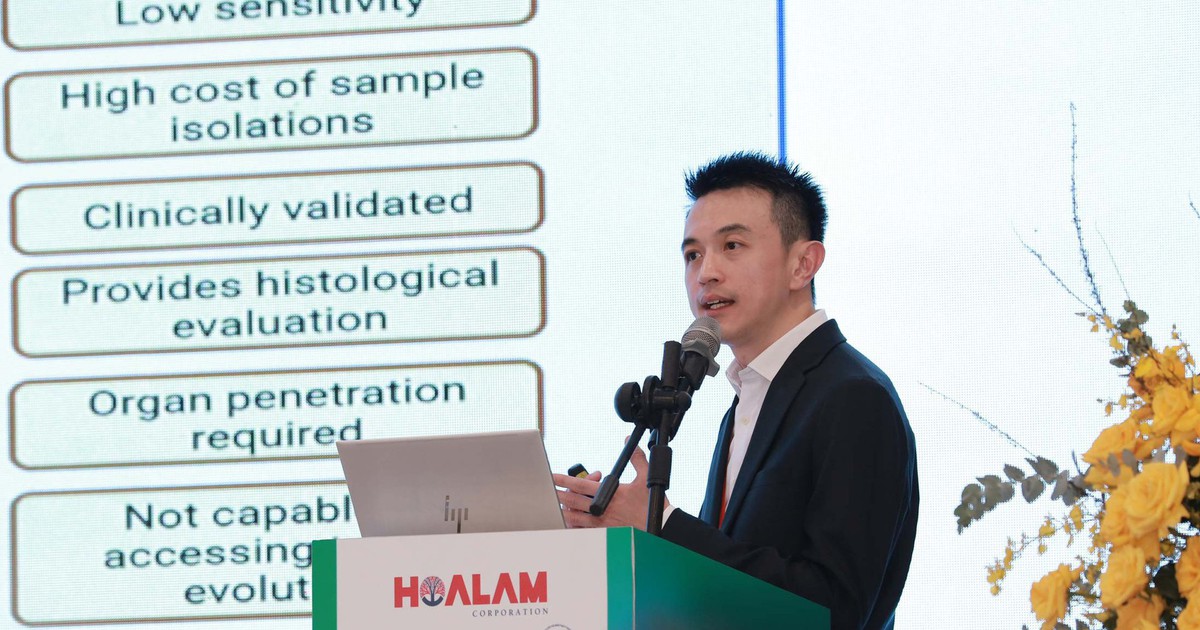










































































Comment (0)